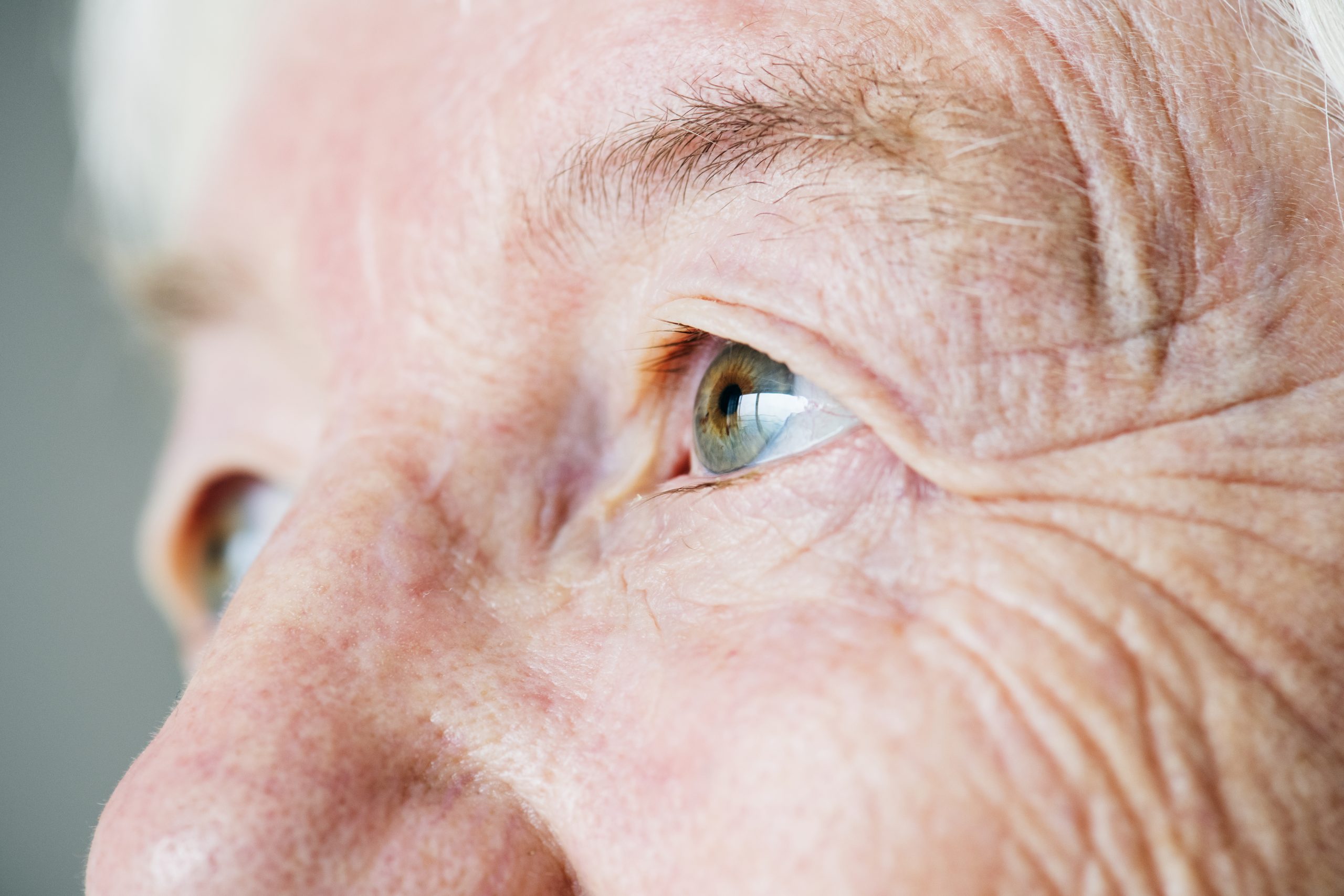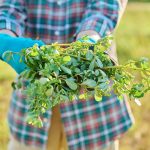
Aging is a natural biological process, but many people seek ways to maintain vitality, preserve skin health, support cognitive function, and reduce the risk of age-related diseases. Alongside a healthy lifestyle (diet, exercise, sleep, stress management), certain natural supplements show promise in slowing down or mitigating aging at the cellular and physiological level. This post explores key supplements, how they might work, what the evidence says, and safety considerations. Let’s see how aging gracefully with natural supplements.
What Happens When We Age: Key Mechanisms
To understand how supplements help, it’s useful to know some of the underlying processes of aging:
- Oxidative stress & accumulation of reactive oxygen species (ROS)
- Inflammation & “inflammaging”
- Mitochondrial dysfunction
- Decline in autophagy (cellular clean-up of damaged components)
- Dysregulation in nutrient-sensing pathways (e.g. mTOR, AMPK, sirtuins)
- DNA damage, telomere shortening
Natural compounds that target these pathways may help slow aspects of aging. PubMed+1
Key Natural Supplements with Anti-Aging Potential
Here are some of the more promising natural supplements, with what the current science suggests:
| Supplement | What It Is / Source | Proposed Mechanisms of Action | Evidence & Notes |
|---|---|---|---|
| Curcumin | Active ingredient in turmeric | Potent antioxidant; modulates inflammation; activates sirtuins and AMPK; supports mitochondrial health Cambridge Core+3Vinmec International Hospital+3PubMed+3 | Animal & some human studies; improvements in markers of oxidative stress; potential cognitive benefits. Bioavailability is a challenge; formulations (e.g. with piperine, liposomal) often used. |
| EGCG (Epigallocatechin-3-Gallate) | Major catechin in green tea | Antioxidant, anti-inflammatory; influences autophagy; mitochondrial function; may act via AMPK and suppress mTOR signaling PubMed+3PMC+3PubMed+3 | Studies in animals show lifespan or healthspan improvements; human evidence for skin photoaging (see meta-analysis). Moderate doses preferred; possible liver effects at very high doses. |
| Collagen Peptides / Flavanols / Polyphenols | From dietary sources (fish, plants, fruits, cocoa) | Support skin elasticity, hydration; reduce photoaging; antioxidant capacity; counteract advanced glycation end-products (AGEs) PubMed+2PubMed+2 | Systematic review / meta-analysis of RCTs show that collagen, flavanols and other polyphenols can improve skin parameters like elasticity, mitigate UV damage, etc. PubMed |
| NMN (Nicotinamide Mononucleotide) | A precursor to NAD⁺, a key molecule in cellular metabolism | Boost NAD⁺ levels, which decline with age; improves mitochondrial function; supports DNA repair mechanisms and energy metabolism PubMed+2PubMed+2 | Mostly animal & early human trials; promising but longer-term human safety, optimal dosing, and cost are still being studied. |
| Resveratrol | Found in grapes, berries, red wine skin | Activates sirtuins; mimics aspects of caloric restriction; anti-inflammatory and antioxidant effects; may reduce cardiovascular risk and neurodegenerative disease risk WellnessPulse+2PubMed+2 | Some human trials show benefits but results are mixed; high doses may lead to side effects; bioavailability is also a concern. |
| Other Emerging Compounds (e.g., fisetin, certain polysaccharides) | Flavonoids in fruit/veg; complex plant-derived molecules | Similar mechanisms: reduce oxidative stress, stimulate autophagy, modulate immune/inflammatory pathways InsideTracker+2PubMed+2 | Early stage; animal studies mostly; more human data needed to establish efficacy and safety. |
Evidence: What Meta-Analyses & Reviews Show
- A recent review, Anti-aging natural supplements: the main players in promoting healthy lifespan, covers many compounds and supports that several have strong preclinical data, though human trials are fewer. Cambridge Core
- A meta-analysis of RCTs focusing on skin photoaging (up to Oct 2024) found that collagen, flavanols, and other polyphenols help reduce photoaging, improve skin elasticity, and increase minimum erythema dose (MED) versus placebo. PubMed
- Another review Dietary Supplements and Natural Products: An Update on Their Clinical Effectiveness and Molecular Mechanisms of Action During Accelerated Biological Aging suggests that while many supplements improve healthspan (period of life free from disease), more rigorous clinical data are needed, particularly long-term studies. PubMed
How to Incorporate Supplements Safely & Effectively
Here are best practices if you’re considering using natural anti-aging supplements:
- Start with foundational lifestyle habits: balanced diet, regular physical activity, sufficient sleep, stress management. These have large and proven effect.
- Choose quality: Look for supplements that are third-party tested, standardized, with known purity and bioavailability.
- Dosage & timing: Follow doses that have been used in human studies when possible; avoid megadoses unless under medical supervision.
- Monitor response & biomarkers: Track skin changes, energy, cognition, inflammation, etc. If available, measure relevant blood markers (e.g. liver enzymes, kidney function, NAD⁺ levels if possible, etc.).
- Beware interactions & contraindications: Some supplements can interact with medications or have adverse effects (e.g. high-dose EGCG can strain the liver; resveratrol may interfere with some drugs; NMN long-term safety not fully known).
- Cycle or rotate: Some supplements may benefit from periodic use rather than constant high dosing. This can help reduce risk of tolerance, adverse effects, or negative feedback loops.
What Supplements Should Not Be #1 Reliance
While many natural agents show potential, it’s important to have realistic expectations:
- No supplement reverses aging; they may slow or mitigate certain aging markers or symptoms.
- Effects often accumulate over time; results are more modest than what marketing can promise.
- Singular supplements are rarely enough; synergy among diet, exercise, sleep, stress, and supplements matter.
- Safety over long durations is often under-studied.
Conclusion
Natural supplements hold exciting potential to support anti-aging through antioxidation, inflammation reduction, mitochondrial support, and cellular repair pathways. Compounds like curcumin, EGCG, collagen peptides & polyphenols, resveratrol, and NMN are among the most studied. However, evidence in humans is not yet definitive across all areas, and safety or dose issues must be respected.
For those interested in integrating anti-aging supplements, the best approach is:
- Prioritize lifestyle
- Use high-quality products
- Start with evidence-based supplements at safe doses
- Monitor progress
- Consult with healthcare professionals
With that, aging becomes less about decline and more about maintaining resilience, function, and vitality as the years go by.
References
Chen, W., Hamidu, H., Yang, S., Yan, X., Wang, H., Li, J., Oduro, I., & Li, G. (2022). Dietary supplements and natural products: An update on their clinical effectiveness and molecular mechanisms of action during accelerated biological aging. Frontiers in Aging Neuroscience, 14, Article 866831. https://doi.org/10.3389/fnagi.2022.866831 PubMed
Gao, X., Liu, Y., Luo, Y., Lou, Y., Li, T., Li, L., & Liu, R. (2023). Antiaging effects of dietary supplements and natural products. Aging-related reviews, 2023. PubMed
Hewlings, S. J., & Kalman, D. S. (2017). Curcumin: A review of its effects on human health. Foods, 6(10), 92. https://doi.org/10.3390/foods6100092 Cambridge Core
Vinmec Medical System. (n.d.). The 12 Best Anti-Aging Supplements. Retrieved from https://www.vinmec.com/eng/article/the-12-best-anti-aging-supplements-en Vinmec International Hospital
Effectiveness of dietary supplements for skin photoaging in healthy adults: a systematic review and meta-analysis of randomized controlled trials. (2025). Journal of Dermatological Science. PubMed
Explore our website to learn more: Click Here




